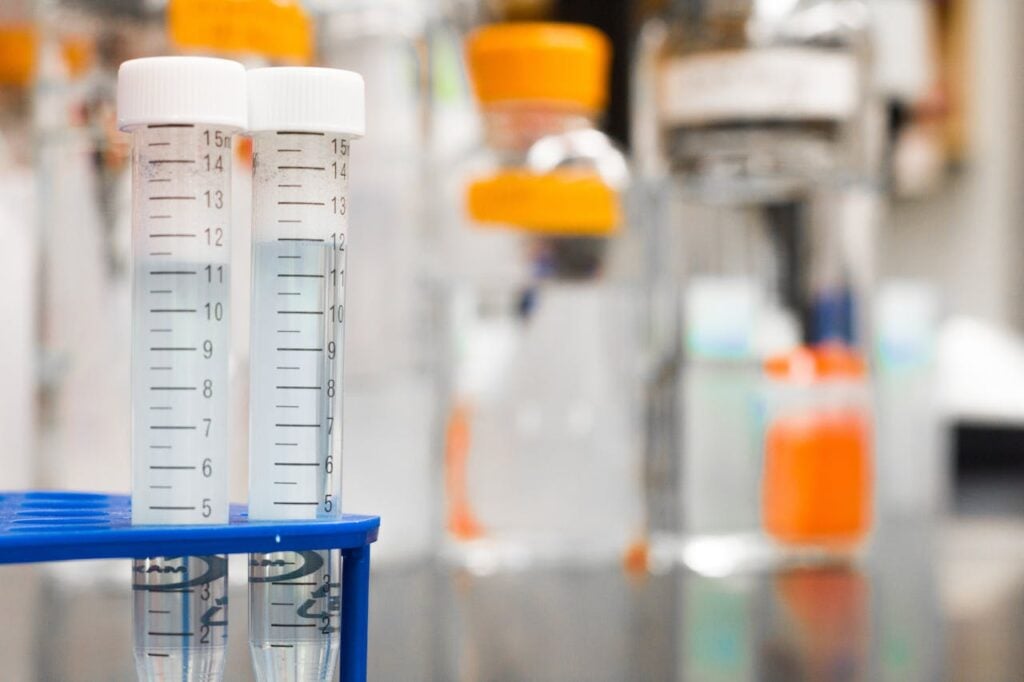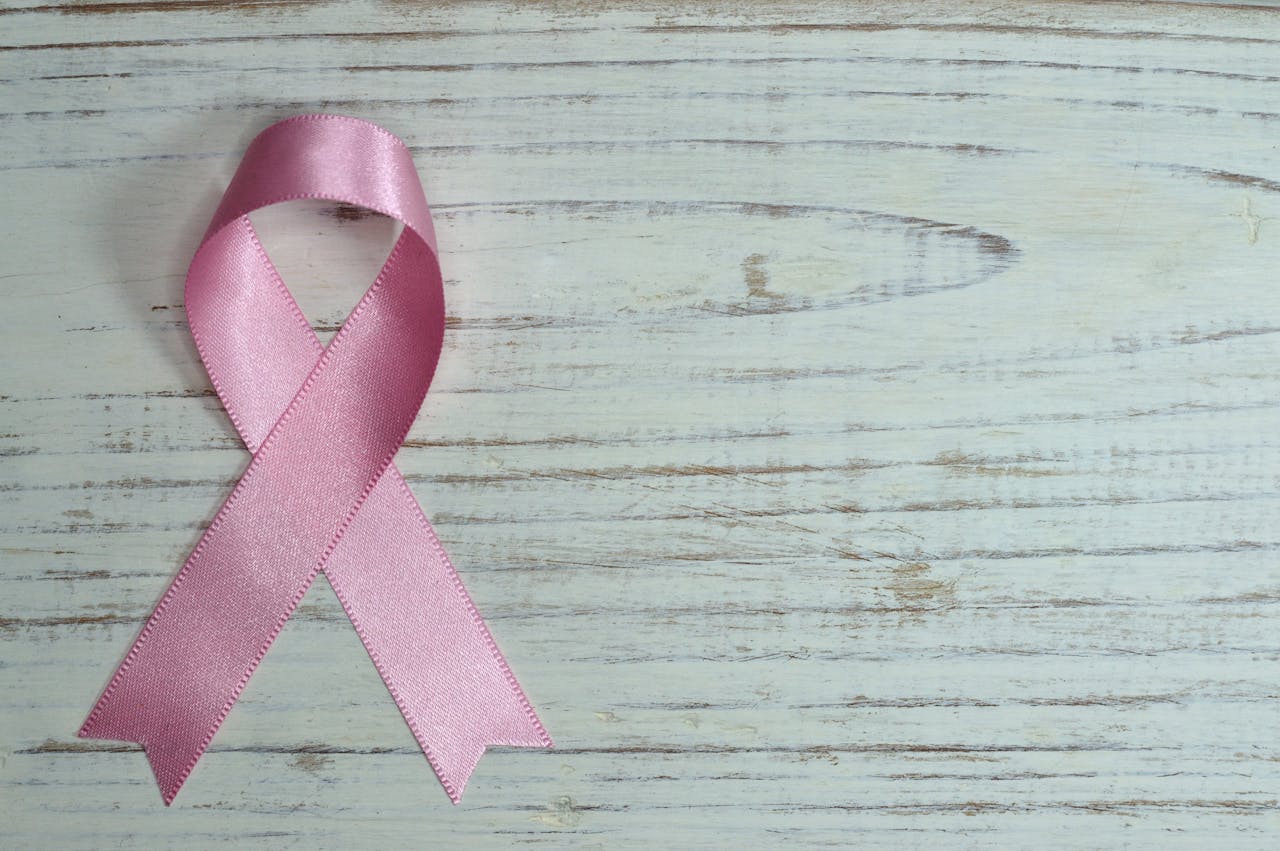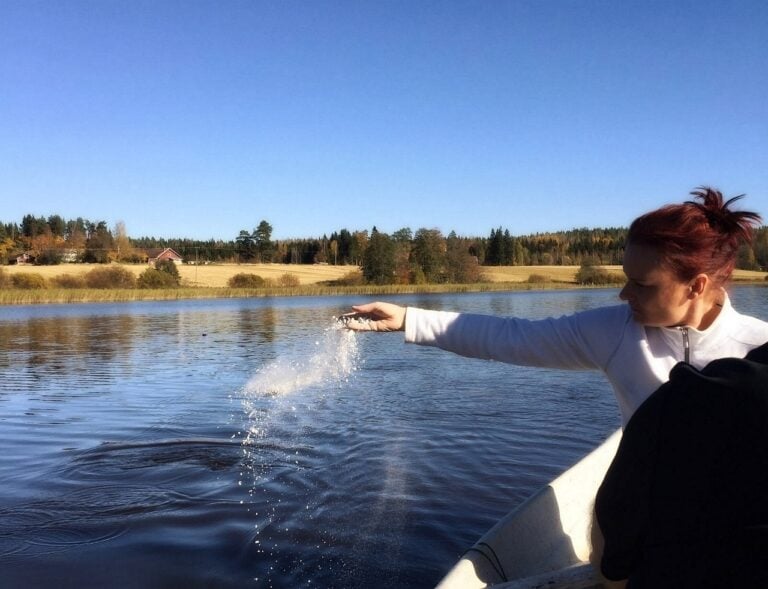Aquamation: A Gentle, Safe, and Eco-Friendly Farewell for Cancer Patients
Facing the end of life is never easy, especially for those who have lived through the intense physical, emotional, and chemical toll of cancer treatment. For families who want a farewell that is both compassionate and environmentally responsible, aquamation, also known as alkaline hydrolysis or water cremation offers a unique solution.
Unlike traditional flame cremation or burial, aquamation provides a gentler process for the body, neutralizes harmful chemicals often associated with cancer treatments, and dramatically reduces environmental impact. This makes it an especially meaningful choice for cancer patients and their loved ones. In this article, we’ll explore why aquamation stands out as a compassionate, safe, and eco-conscious option.
A Gentle Process of Farewell
Traditional cremation exposes the body to intense heat, reaching between 1400–1800°F. Burial, on the other hand, often involves embalming with formaldehyde and other harsh chemicals. Both approaches can feel harsh or unsettling to families who have already witnessed their loved one endure medical treatments.
Aquamation, by contrast, is exceptionally gentle. The process uses a heated water solution with a small amount of alkali typically potassium hydroxide or sodium hydroxide combined with moderate heat and gentle circulation. Over the course of several hours, this combination breaks down the body’s organic material, much like natural decomposition, but in a controlled and respectful environment.
Families often find comfort in knowing that aquamation does not involve flames, smoke, or destructive intensity. Instead, it mirrors the natural return of the body to the earth in a soft, dignified way. For cancer patients who spent months or years undergoing invasive procedures, aquamation provides a more peaceful closing chapter.

Neutralizing Harmful Chemicals from Cancer Treatments
One of the most significant concerns for cancer patients is the chemical footprint left behind from their medical care. Chemotherapy drugs, radiation byproducts, and other treatment-related chemicals can remain in the body after death.
- Burial Risks: When a body is buried, these chemicals may leach into the soil, eventually reaching groundwater. Over time, this can create localized contamination.
- Cremation Risks: Flame cremation can release mercury from dental fillings, along with other harmful emissions such as carbon dioxide, dioxins, and fine particulates into the atmosphere.
Aquamation addresses these issues head-on. The alkaline hydrolysis process neutralizes harmful chemicals at a molecular level. The combination of heated water and alkali breaks down both organic tissue and chemical residues, leaving behind only sterile byproducts: amino acids, sugars, peptides, and salts.
Importantly, the liquid byproduct is free of DNA, pathogens, and hazardous compounds. It can be safely treated as wastewater without any risk to the environment. This means families can feel confident that their loved one’s final care avoids spreading toxic materials into the air, soil, or water.
For cancer patients who have already carried the heavy burden of chemical treatments, it is a profound relief to know that aquamation ensures no further harm is done to their families, their communities, or the planet.

Eco-Friendly Benefits That Honor the Planet
Beyond neutralizing harmful chemicals, aquamation is also one of the most sustainable end-of-life options available today.
- Energy Efficiency: Aquamation uses far less energy than traditional flame cremation. At Anubis, the process is completed with care, sometimes even drying remains under the purifying Palm Springs sun, a gentle, natural close to the journey.
- Zero Toxic Emissions: Unlike cremation, aquamation does not release carbon dioxide, mercury, or other toxins into the atmosphere.
- No Embalming Chemicals: Because it eliminates the need for embalming, aquamation prevents formaldehyde and other embalming fluids from entering the ground.
The environmental impact of end-of-life care is often overlooked. Yet for families who value sustainability or for patients who personally lived an eco-conscious lifestyle, choosing aquamation is a way to extend that commitment beyond life itself.
It is a farewell that not only respects the individual but also protects the earth for future generations.

A green sanctuary, reminding us that love for the earth is love for life.
Emotional and Spiritual Reassurance
The journey through cancer is filled with medical interventions, chemical exposures, and emotional challenges. Families often express a desire for the final step to feel different, gentle, natural, and healing.
Aquamation meets that need by offering:
- Pure, soft ashes: Families may receive a slightly larger amount of ashes compared to flame cremation, and they are often described as lighter in texture and naturally softer in appearance, since they are not exposed to fire.
- A sense of dignity: Knowing that the process was respectful and did not add to the chemical or environmental toll provides peace of mind.
- Alignment with values: For patients and families who emphasized wellness, sustainability, or non-toxicity during life, aquamation is a consistent final choice.

Soft ashes, carrying the quiet beauty of a life well lived.
Why Anubis Inc. Offers Aquamation
At Anubis Inc., we understand that cancer touches lives in profound ways not only for the patients but also for the families who walk alongside them. That is why we are proud to provide aquamation as a gentle, safe, and environmentally conscious alternative.
We believe every family deserves an option that combines compassion, safety, and sustainability. By choosing aquamation, you are honoring your loved one’s journey while ensuring that their final footprint is one of care for both people and planet.
Conclusion
For cancer patients and their families, the choice of aquamation offers more than just an alternative to burial or cremation. It represents a gentle farewell, a process that neutralizes harmful chemicals, and a commitment to protecting the environment.
In a world where medical treatments often involve harsh chemicals and interventions, aquamation provides a restorative balance: a final act of dignity that is soft on the body, safe for the community, and kind to the earth.
At Anubis Inc., we are honored to walk with families through this choice, providing reassurance that their loved one’s last chapter is one of peace, safety, and sustainability.
Contact us:
-Los Angeles: (323) 644-3323
-Palm Springs: (760) 804-3323
-Email: info@anubiscremations.com
References
- Alkaline Hydrolysis Might Be the Green Future of Body Disposition. (n.d.). Verywell Health. Retrieved from https://www.verywellhealth.com/what-is-alkaline-hydrolysis-1131908
- P, M. (2023, May 31). What is Water Cremation (Alkaline Hydrolysis / Aquamation)? A Guide – Occasional Sage. Occasional Sage. Retrieved from https://occasionalsage.com/cremation/aquamation/guide/
- Staff, K. (2019, December 27). Water Cremation 101: Pros and Cons of Alkaline Hydrolysis. Konsyse. Retrieved from https://www.konsyse.com/articles/water-cremation-101-pros-and-cons-of-alkaline-hydrolysis/
- Robert. (2025, January 28). 5 Common Misconceptions About Aquamation And The Truth Behind Them. Tipsy Tiaras. Retrieved from https://tipsytiaras.com/news/5-common-misconceptions-about-aquamation-and-the-truth-behind-them/
- Aquamation: sustainable end-of-life body disposal . – Veterinary Sustainability Alliance. (s/f). Veterinarysustainabilityalliance.org. Retrieved from https://veterinarysustainabilityalliance.org/aquamation/





